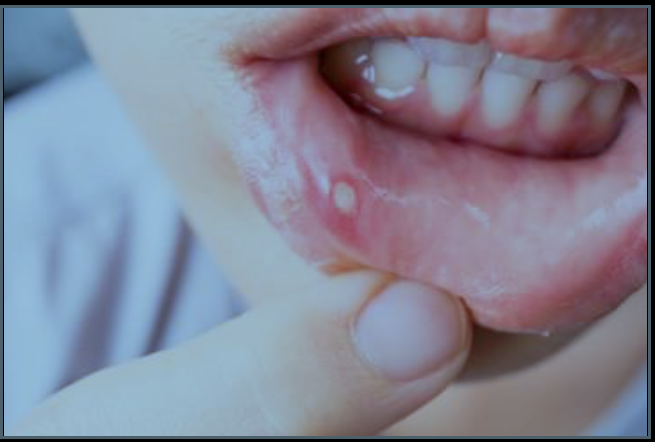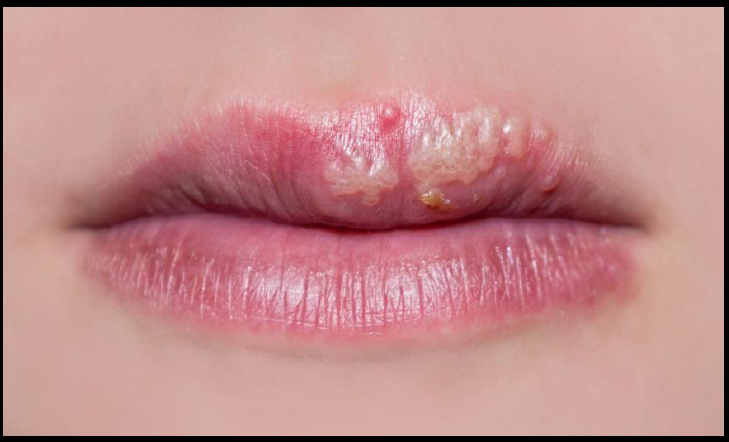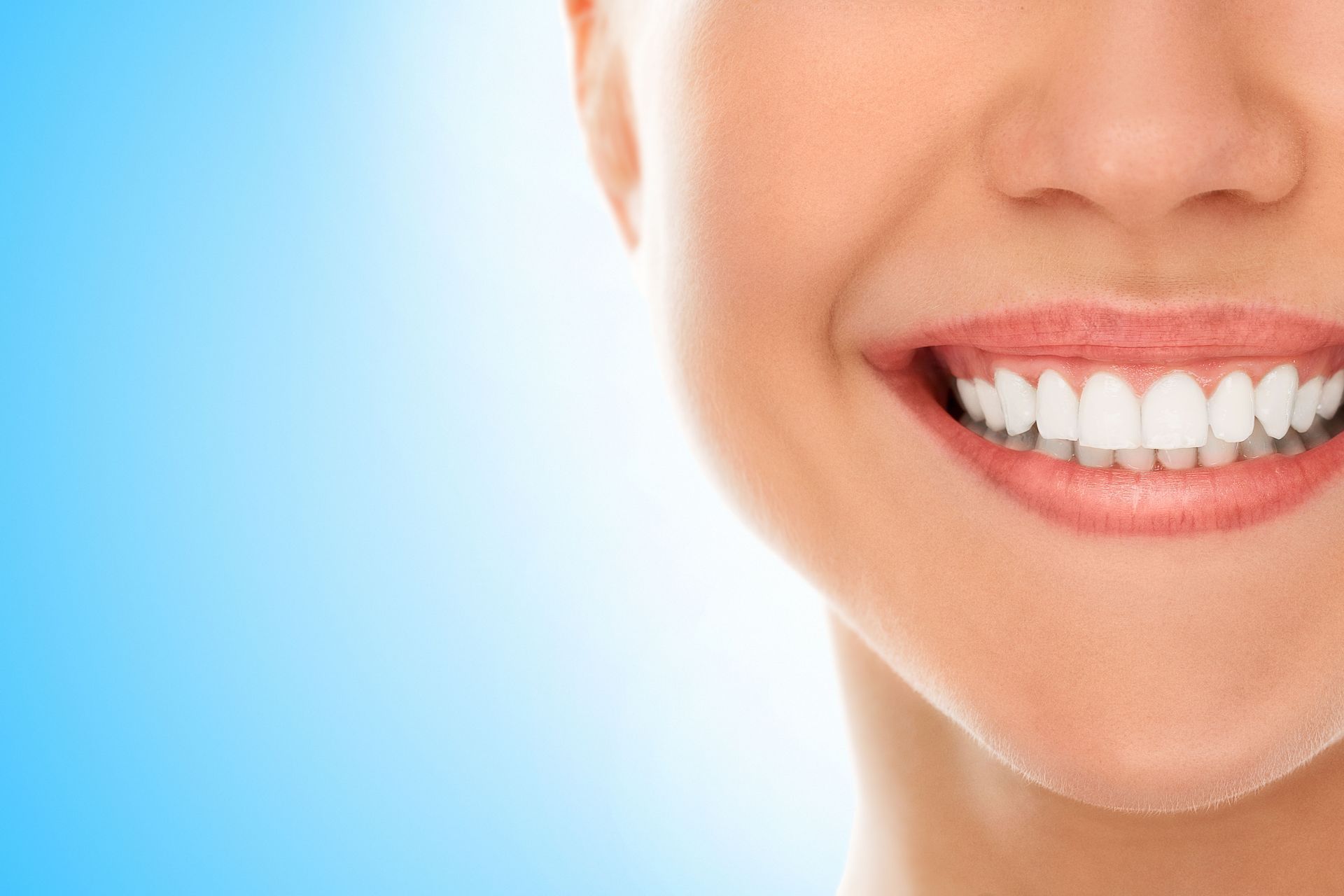Healthy Mouth-Healthy Body: Insights by Donna Grzegorek BS, RDH, PHDH, FADHA
July 7, 2025
July 7, 2025
Healthy Mouth-Healthy Body: Insights by Donna

Connectin
g Oral Health to Full Body Wellness
Welcome to "Healthy Mouth-Healthy Body Insights by Donna"
a digital newsletter dedicated to exploring the vital connection between oral health and overall well-being. Curated by Donna, this newsletter is designed to inspire, inform, and empower patients with the knowledge that maintaining a healthy mouth is not only about a bright smile but also about fostering a healthier, thriving body.
Why Oral Health Matters
The health of your mouth plays a significant role in your overall wellness. Research has increasingly shown that oral health is linked to systemic health conditions such as diabetes, cardiovascular disease, certain kinds of cancer, and even mental well-being. In this newsletter, you'll uncover how a clean and healthy mouth contributes to better immunity and enhanced quality of life.
What You Can Expect
"Healthy Mouth-Healthy Body"
will feature:
- Insights into oral health: Articles that explain how oral hygiene impacts different body systems.
- Practical tips: Simple and actionable advice to improve your dental care routine.
- Expert opinions: Insights from dentists, doctors, and wellness professionals drawing the connection between oral and general health.
Through this newsletter, we aim to create awareness and motivate you to prioritize your oral health—not just for the sake of your teeth and gums, but for your body's holistic well-being. Every article, tip, and story shared here will be a step toward empowering you with the information you need to make informed choices for a healthier life.
Stay Connected
Delivered digitally every 6 to 8 weeks, "Healthy Mouth-Healthy Body Insights by Donna"
is a go-to resource for bridging the gap between oral care and total health. You'll find resources tailored to your needs, the latest research, and tools to make oral care an effortless part of your wellness journey.
Thank you for joining us on this exciting initiative. Together, let’s nurture healthier mouths—and healthier bodies—for a brighter, more vibrant future.
Warm Regards,
Donna Grzegorek BS, RDH, PHDH, FADHA
Healthy Mouth-Healthy Body Insights by Donna
Canker Sores vs. Aphthous Ulcers vs. Cold Sores: A Comparative Guide
Understanding the Differences and Similarities
When it comes to oral health, three common ailments often come to mind: canker sores, aphthous ulcers, and cold sores. Despite their similarities in appearance and symptoms, they have distinct causes, treatments, and implications. This guide will delve into the differences and similarities between these conditions, helping you identify and manage them effectively.
Canker Sores
Canker sores, also known as aphthous ulcers, are small, painful lesions that develop inside the mouth, typically on the soft tissues such as the inner cheeks, lips, and tongue. They are not
contagious and usually heal on their own within one to two weeks.
Causes
The exact cause of canker sores is not fully understood, but several factors are believed to contribute to their development:
- Stress and hormonal fluctuations
- Injury to the mouth (e.g., biting the cheek, dental work)
- Food sensitivities (e.g., acidic or spicy foods)
- Nutritional deficiencies (e.g., iron, vitamin B12)
- Underlying health conditions (e.g., autoimmune disorders)
Symptoms
Canker sores are characterized by:
- Round or oval-shaped lesions with a white or yellow center and a red border
- Burning or tingling sensation before the appearance of the sore
- Pain and discomfort, particularly when eating, drinking, or speaking
Treatment
While canker sores usually heal on their own, treatment can help alleviate pain and speed up the healing process:
- Over-the-counter topical ointments and gels
- Antimicrobial mouthwashes- like Listerine
- Prescription medications for severe cases
- Avoiding trigger foods and maintaining good oral hygiene
Aphthous Ulcers
Aphthous ulcers, often used interchangeably with canker sores, are a specific type of canker sore. They share the same characteristics, causes, symptoms, and treatments as canker sores mentioned above.

CANKER SORE – (NOT CONTAGIOUS)
Cold Sores
Cold sores, also known as fever blisters, are caused by the
herpes simplex virus (HSV).
Unlike canker sores, cold sores are
highly contagious and typically appear outside the mouth, around the lips, and occasionally on the nose or chin.
Causes Cold sores are primarily caused by HSV-1, though HSV-2 can also lead to outbreaks. The virus lies dormant in the body and can be triggered by:
Symptoms Cold sores go through several stages:
Treatment While there is no cure for cold sores, treatment can help manage symptoms and reduce the duration of outbreaks:
WHEN COLD CORES ARE IN THE BLISTERING (VESICLE) STAGE, YOUR DENTAL APPOINTMENT MUST BE POSTPONED. This is the most contagious stage of a cold sore. If the blisters are leaking, the fluid is very contagious. In this stage, the lesion can be easily spread to other areas of your face. Additionally, if the liquid becomes aerosolized and contaminates your eyes or those of a team member, blindness can occur. If you present with a lesion in this stage, please understand your appointment will be rescheduled for your safety and the safety of others. If you suffer from the recurrence of cold sores, have a lesion, and are not sure if you should be treated on an appointment day, please contact our office. We will guide you through the evaluation process. At times, your appointment may need to be rescheduled. Please understand that your safety is our priority.
Causes Cold sores are primarily caused by HSV-1, though HSV-2 can also lead to outbreaks. The virus lies dormant in the body and can be triggered by:
- Stress and illness
- Sun exposure
- Hormonal changes
- Weakened immune system
Symptoms Cold sores go through several stages:
- Tingling or itching sensation around the lips
- Small, fluid-filled blisters that cluster together- (contagious stage)
- Blisters that rupture and form a crust
- Pain and discomfort, particularly during the blistering stage
Treatment While there is no cure for cold sores, treatment can help manage symptoms and reduce the duration of outbreaks:
- Antiviral medications (e.g., acyclovir, valacyclovir)
- Over-the-counter creams and ointments
- Cold compresses to alleviate pain
- Avoiding triggers and maintaining a healthy lifestyle
WHEN COLD CORES ARE IN THE BLISTERING (VESICLE) STAGE, YOUR DENTAL APPOINTMENT MUST BE POSTPONED. This is the most contagious stage of a cold sore. If the blisters are leaking, the fluid is very contagious. In this stage, the lesion can be easily spread to other areas of your face. Additionally, if the liquid becomes aerosolized and contaminates your eyes or those of a team member, blindness can occur. If you present with a lesion in this stage, please understand your appointment will be rescheduled for your safety and the safety of others. If you suffer from the recurrence of cold sores, have a lesion, and are not sure if you should be treated on an appointment day, please contact our office. We will guide you through the evaluation process. At times, your appointment may need to be rescheduled. Please understand that your safety is our priority.

COLD SORE-HERPETIC LESION - (CONTAGIOUS)
Conclusion
Understanding the differences between canker sores, aphthous ulcers, and cold sores is essential for effective management and treatment. While canker sores and aphthous ulcers are non-contagious lesions that occur inside the mouth, cold sores are contagious blisters caused by HSV that typically appear outside the mouth. By recognizing their unique characteristics, triggers, and treatments, you can take appropriate steps to alleviate discomfort and promote healing.
As always, if you have any questions, please don’t hesitate to contact me. 847-382-5511 Donna Grzegorek BS, PHDH,FADHA Registered Dental Hygienist
Understanding the differences between canker sores, aphthous ulcers, and cold sores is essential for effective management and treatment. While canker sores and aphthous ulcers are non-contagious lesions that occur inside the mouth, cold sores are contagious blisters caused by HSV that typically appear outside the mouth. By recognizing their unique characteristics, triggers, and treatments, you can take appropriate steps to alleviate discomfort and promote healing.
As always, if you have any questions, please don’t hesitate to contact me. 847-382-5511 Donna Grzegorek BS, PHDH,FADHA Registered Dental Hygienist













